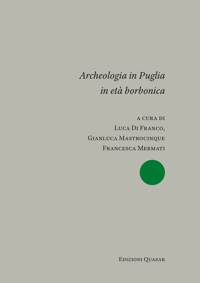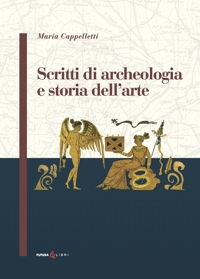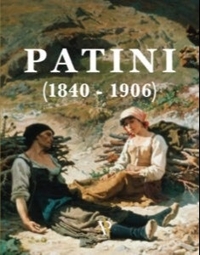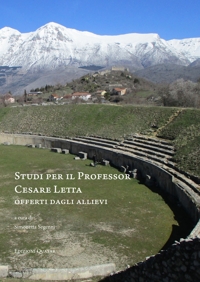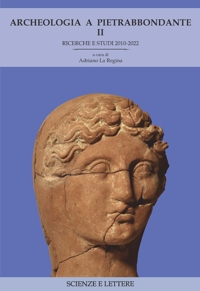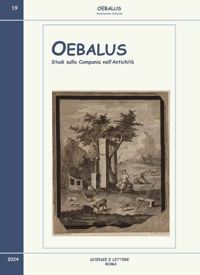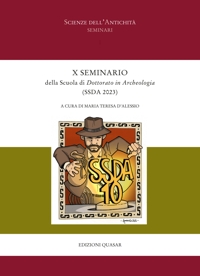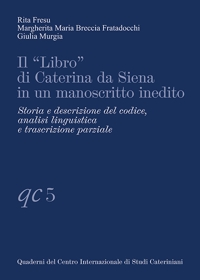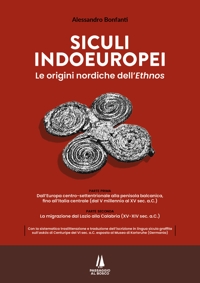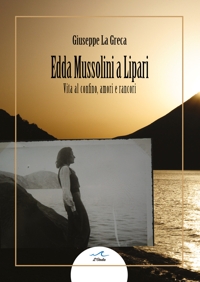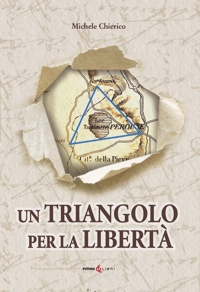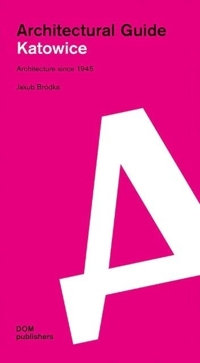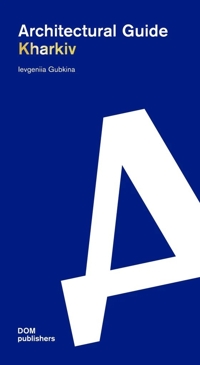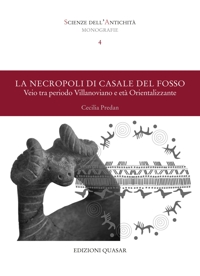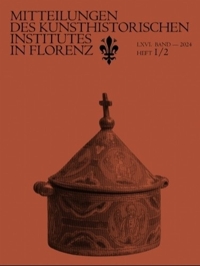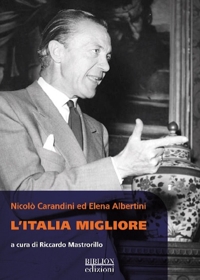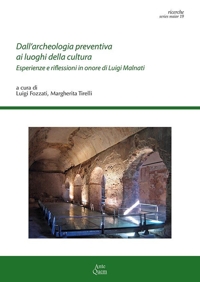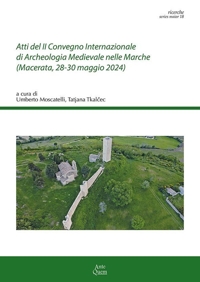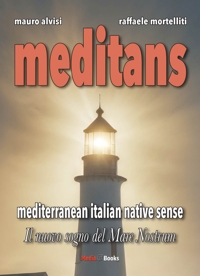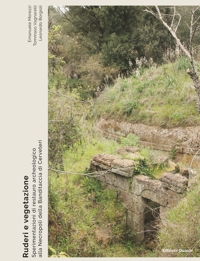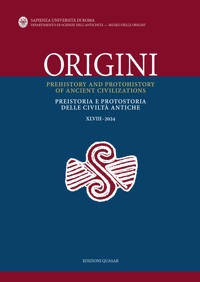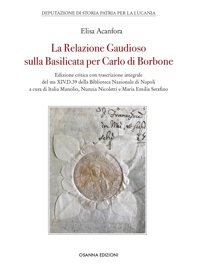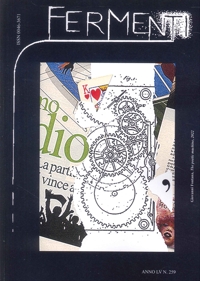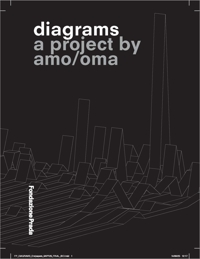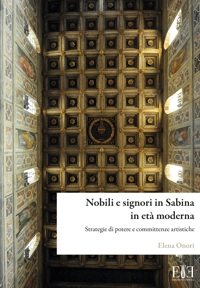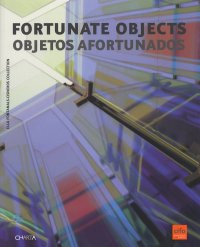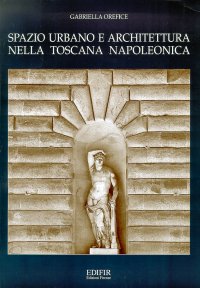Felice Palma. Massa 1583-1625. Collezione / Collection.
Texts by Andrei Cristina, Ciarlo Nicola, Federici Fabrizio, Claudio Casini and Sara Ragni.
Italian and English Text.
Pontedera, 2024; bound in a case, pp. 289, b/w and col. ill., b/w and col. plates, cm 24,5x34.
(L'Oro Bianco. Straordinari Dimenticati. The White Gold Forgotten Masters).
cover price: € 160.00
|
Books included in the offer:
Felice Palma. Massa 1583-1625. Collezione / Collection.
Texts by Andrei Cristina, Ciarlo Nicola, Federici Fabrizio, Claudio Casini and Sara Ragni.
Italian and English Text.
Pontedera, 2024; bound in a case, pp. 289, b/w and col. ill., b/w and col. plates, cm 24,5x34.
(L'Oro Bianco. Straordinari Dimenticati. The White Gold Forgotten Masters).
FREE (cover price: € 160.00)
Le botteghe del marmo
Italian and English Text.
Ospedaletto, 1992; bound, pp. 153, 10 b/w ill., 60 col. ill., cm 24x29.
(Immagine).
FREE (cover price: € 34.49)
Museo Stefano Bardini. I Bronzetti e gli Oggetti d'Uso in Bronzo
Edited by Nesi A.
Firenze, 2009; paperback, pp. 191, 102 b/w ill., 7 col. ill., cm 17x24,5.
(Museo Stefano Bardini).
FREE (cover price: € 30.00)
Bronzetti e Rilievi dal XV al XVIII Secolo
Bologna, 2015; 2 vols., bound in a case, pp. 729, ill., col. plates, cm 21,5x30,5.
FREE (cover price: € 90.00)
Mumuye. Sculptures Du Nigeria. La Figure Humaine Réinventée
Frank Herreman
Five Continents Editions
Contributions by Constantine Petridis.
French Text.
Milano, 2016; clothbound, pp. 128, 30 b/w ill., 80 col. ill., cm 24,5x34.
Other editions available: English Edition (ISBN: 88-7439-743-7)
ISBN: 88-7439-750-X - EAN13: 9788874397501
Subject: Collections,Essays (Art or Architecture),Sculpture
Places: Out of Europe
Extra: African Art and Tribal Art
Languages: 
Weight: 1.22 kg
It was not until the late 1960s that statues from the Mumuye culture of northeastern Nigeria appeared on the European art scene. Their impact was immediate and profound: African art aficionados marvelled at Mumuye artists' abstract interpretation of the human body, which recalled the approach to anatomy by artists of the Cubist and Expressionist movements. Indeed, anthropomorphic Mumuye figure sculptures demonstrate an astonishing range of variations, testifying to their makers' unbridled creativity and limitless inventiveness.
Here, a meticulous analysis of the extraordinary forms of Mumuye figures-paying attention to their striking inherent sense of motion-leads to a new style of classification that recognizes different workshops and even the hands of individual masters. A summary of the scant fieldbased studies discusses the figures' primary role as emblems of status and rank, their connections to ancestral veneration, and healing and divination practices. Though a selection of masks and other objects, this book reveals the beauty of Mumuye figurative sculpture.
Wirth Oswald € 14.25
€ 15.00 -5 %






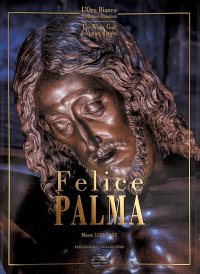

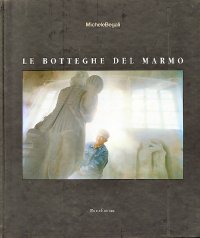
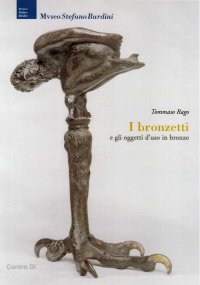
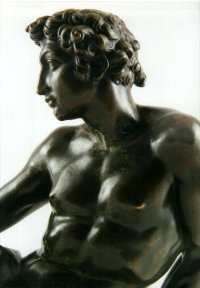
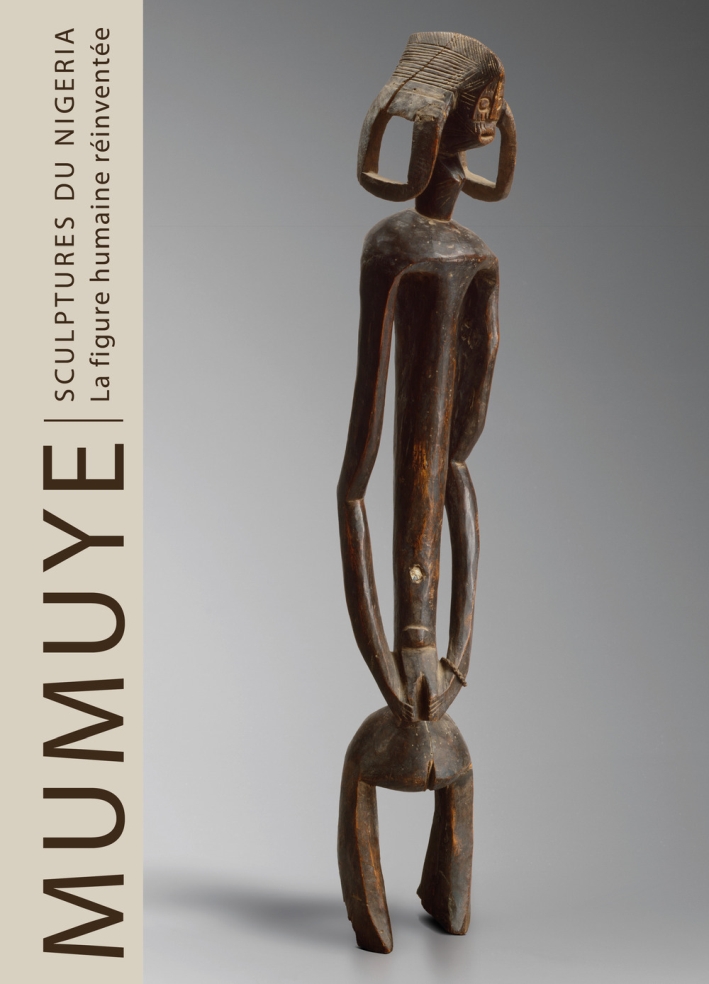
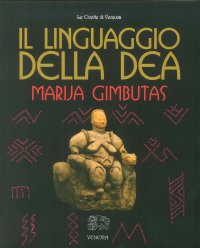


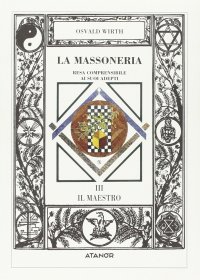

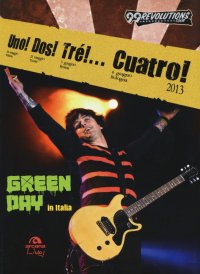
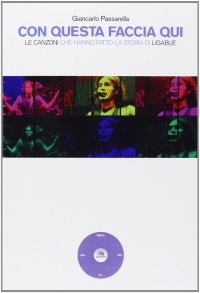
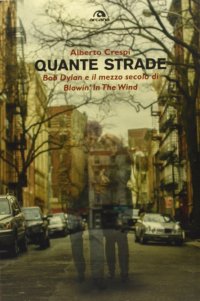

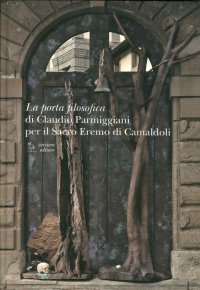
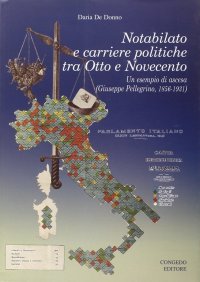


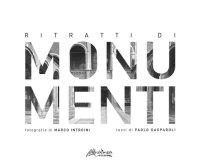
![Incantevole Puglia. Fra arte, storia e natura. [Edizione Italiana e Inglese]](https://immagini.libroco.it/copertine/IMMAGINI/3073/m-1536619.jpg)
